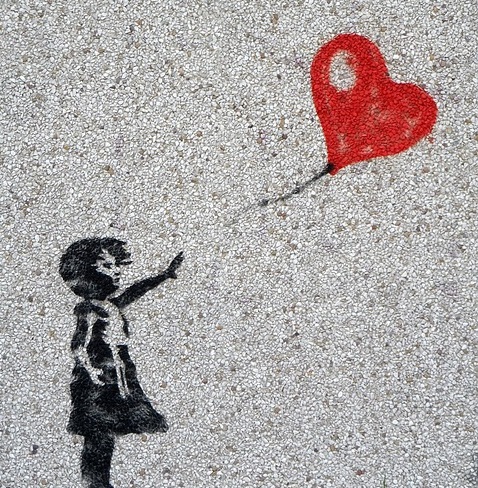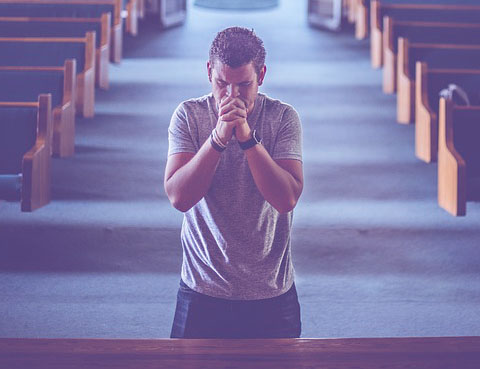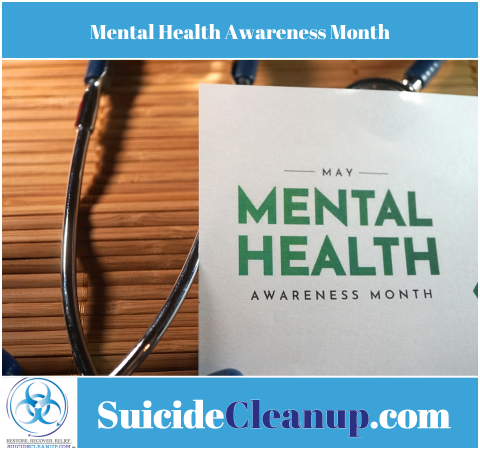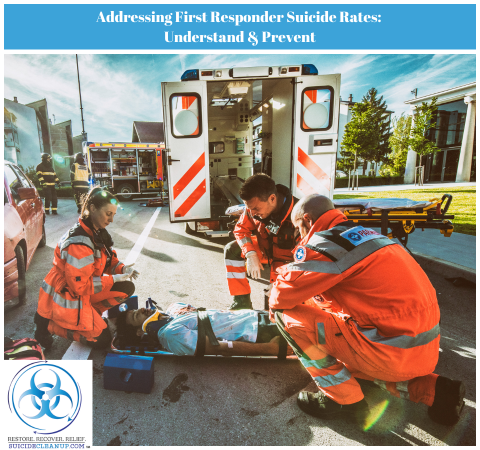
My Child Lost a Parent: What Can Be Done?
August 21, 2023
How to Love Someone With Emotional Trauma and Grief
September 30, 2023Emotional trauma can be the result of any short or long-term distress that’s been triggered by a negative experience or series of stressors. The SCU team works with clients experiencing major life stressors such as the loss of a loved one daily, and most definitely, we’ve seen firsthand how it can cause emotional trauma.
In order to cope with emotional trauma, you’ll first want to identify what experiences are from emotional trauma and manage those triggers effectively. You’ll also want to know the right way to go about traumatic situations to sort out the memories, feelings, and emotions that may be attached to them.
We all experience loss of some sort in our lifetime; it’s nothing to be ashamed of. By going easy on yourself and connecting with your support system, you’ll eventually be able to manage and see that everything will be okay.
Signs of Emotional Trauma
Emotional trauma can be complex. We’ll try to simplify it so you can understand and identify it better. Trauma can be triggered or it can be intrusive. Despite it affecting emotions, it can also cause physical discomfort if the stressor is left unmanaged or creates a severe life change in the individual.
It can be especially hard to pinpoint the signs with individuals who do not understand the connection between the mind and body. Think carefully about what the following symptoms may be stemming from and how they might be affecting you.
- Are you avoiding a situation, place, or item due to the memories associated with it?
- Sometimes, you may have memories or nightmares without the instance of a trigger or event; this is called intrusive memories.
- As a result of traumatic stress, you may experience hypervigilance which is the experience of being alert and on guard.
- Negative thoughts as a result of depression
- Anxiety and/or aggression as a result of traumatic stress or a desire to avoid a situation.
- Relationship issues
- Physical discomfort in the form of headaches, stomachaches, and muscle tension that cannot be explained medically.
Ultimately, these experiences affect every individual differently. It’s best to explore these feelings and experiences under the guidance of a trained professional therapist.
Finding a Therapist
It’s a brave decision to make a change. Don’t think you’re losing courage or you’re making the wrong decision by considering a therapist. A therapist will help you gain greater insight into what you can do to properly manage complex emotions as a result of serious memories and situations.
Bear in mind that it’s not about finding any therapist; it’s about finding the therapist. With so many different styles and personalities you should always focus on finding the right fit. Finding the right fit can be difficult, but taking your time and knowing what to look for is essential.
Other Ways of Coping with Trauma
The effects of trauma can range from simple to severe. Trauma should always taken seriously, regardless of whether or not the effects appear to be severe. You should always strive to proactively manage these situations in addition to your reaction to them. Apart from therapy, consider exploring a full regimen of the following:
- Hobbies you enjoy
- A positive support system
- Healthy eating
- Daily self-affirmations
- Yoga and meditation practice
Your daily practice may vary from the above, and that’s okay. Finding what works for you may look different than what works for others. Focus on what best works with your lifestyle, preferences, and choices. Healing is a journey, and thus, you should at least like the choices you make in your life.
For further reading on healing and how you can manage after a loss, please consider the following resources:
NIH News in Health: Dealing with Trauma
American Psychological Association: How to Cope with Traumatic Stress
National Alliance on Mental Illness: 7 Tools for Managing Traumatic Stress




